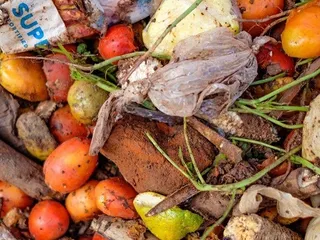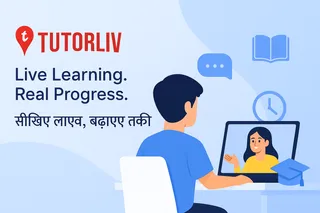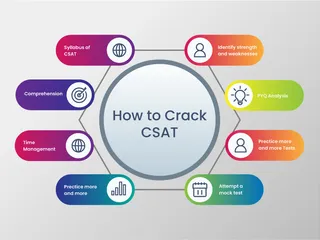Self Help Groups (SHGs) are small, informal groups of people, typically women, who come together to pool their savings and provide mutual support. These groups play a crucial role in poverty reduction, women's empowerment, and overall community development. Members regularly contribute small amounts of money, creating a collective fund that can be used for various purposes.
How SHGs Function:
SHGs operate on the principles of peer monitoring, collective responsibility, and shared decision-making. Members meet regularly to contribute savings, discuss financial needs, and make loans to each other. This system promotes financial discipline, mutual trust, and social cohesion within the group.
Benefits of SHGs:
- Financial Inclusion: SHGs provide access to credit for individuals who may not qualify for traditional bank loans.
- Poverty Reduction: Through access to microfinance and collective action, SHGs help members improve their livelihoods and escape poverty.
- Women's Empowerment: SHGs are particularly effective in empowering women, giving them economic independence and a stronger voice in their communities.
- Skill Development: Many SHGs offer training programs in various skills, enhancing the earning potential of their members.
- Social Support: The group structure provides social support and a sense of community, fostering resilience and reducing isolation.
Examples and Resources:
Many organizations support the formation and growth of SHGs. For more information and resources, you can explore:
- NABARD (National Bank for Agriculture and Rural Development) - India (Note: This is just one example. Similar organizations exist in many countries.)
The success of SHGs depends on various factors, including strong leadership, effective group dynamics, and appropriate support from external agencies. Their impact on communities worldwide is significant and continues to grow.





















 (24)jpeg-1722421859875.jpeg.webp)


























